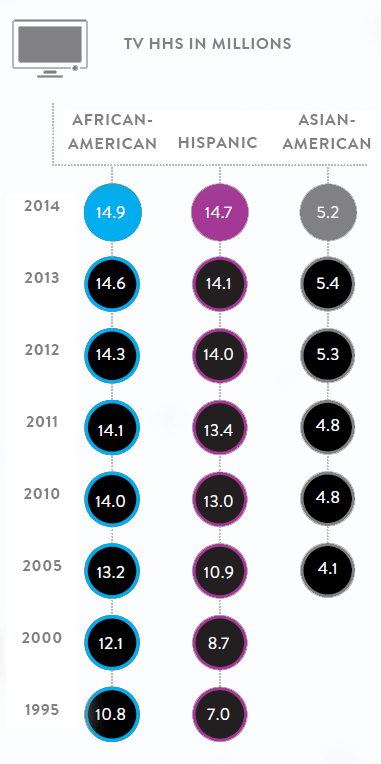The advertising landscape is evolving at an unprecedented rate, influenced largely by two factors: population shifts and media fragmentation. Changes in the population are creating a younger, more diverse, more tech-savvy consumer base. But connecting with them has become more complicated due to an exploding number of viewing options. Audiences now seamlessly move across platforms to view and talk about their favorite shows. A whopping 86 percent of U.S. smartphone owners say they use their devices as second-screens while watching TV, and nearly half do it every single day.
To understand how they’re engaging with audiences and to maximize ad effectiveness, advertisers need to optimize and measure audience delivery, brand lift and sales impact with common metrics across screens. Fortunately, data measurement solutions exist to optimize reach and resonance to garner the greatest reaction. These “three Rs”—reach, resonance, and reaction—as a marketing effectiveness framework are a simple yet powerful and, most importantly, proven way to understand advertising performance.
TV Households by Race/Ethnicity, 1995 to 2014
It’s not just viewing habits that are evolving—the U.S. viewing audience is transforming, too, which is another important layer for marketers to consider as they seek to grow their businesses and reach new customers. In less than 20 years (since 1995), the amount of African-American TV households increased by almost 40 percent, and Hispanic TV households more than doubled.




